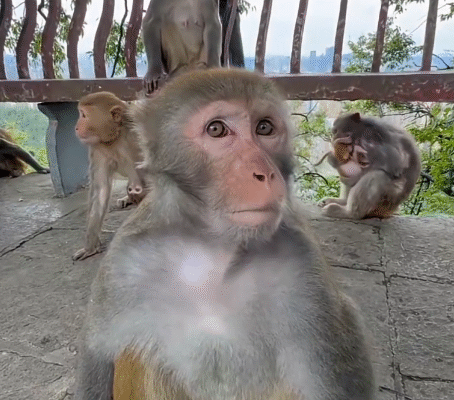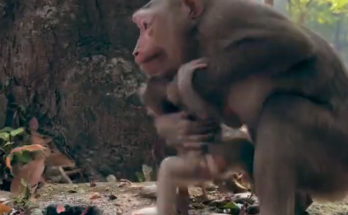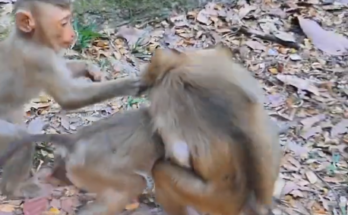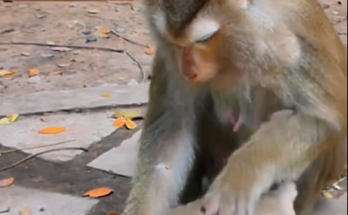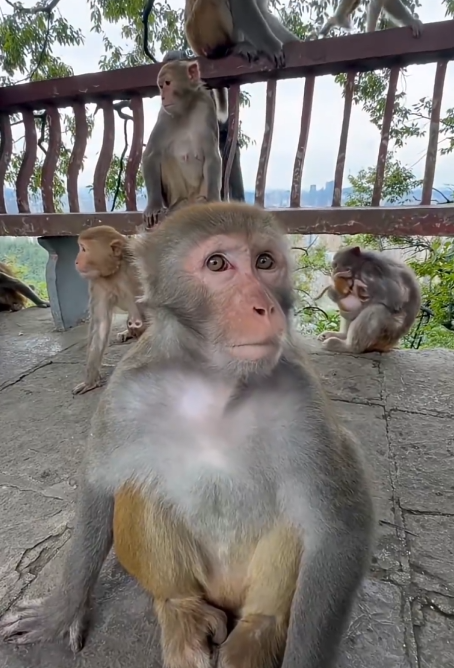
The afternoon sun glimmered above the treetops, casting a warm glow across the village playground. Children raced along dirt paths, laughter ringing like bells in the air. Among them was Dara, a spirited 10-year-old boy known for his boundless energy, daring stunts, and a mischievous charm that made everyone adore him. To him, fun wasn’t just an activity— it was a philosophy, a way of living. He believed life was meant to be felt fully, with scraped knees, grass stains, and all the wild adventures a child could create.
But sometimes, as life often reminds us, even innocent fun comes with consequences.
That day, Dara had discovered something new—or rather, something tempting. His friends had dared him to climb the big mango tree at the edge of the playground, the one with branches stretching like open arms toward the sky. This wasn’t just any tree. It was tall, wide, and old—something the adults repeatedly warned children to avoid. “It’s too high,” they said. “It’s dangerous,” they insisted. But to Dara, danger only made the idea sweeter. Fun was calling, and he would always answer.
“Dara, you won’t do it!” his friend Samnang teased, kicking a rock near his feet.
“Bet you can’t even reach the third branch!” added another boy.
Dara, being Dara, flashed a grin. “Watch me.”
Before anyone could say more, he sprinted toward the tree, grabbed the bark, and began climbing with the confidence of a young adventurer convinced he was invincible. His friends clapped and cheered, the challenge now a spectacle.
At first, everything seemed fine. Dara moved quickly, almost effortlessly, swinging from branch to branch. The wind brushed through his hair as he climbed higher, feeling the thrill surge through him like electricity. Below, the boys who had doubted him began to gape in awe.
But then—he went too far.
He reached a branch that was thick but dry, its inside slowly rotting from years of storms and sun. As Dara leaned his weight onto it, he felt it tremble. Before he could adjust, before he could grab something else, the branch snapped with a loud crack that echoed like thunder.
The world tilted.
The sky spun.
And Dara fell.
The scream from his friends split the quiet afternoon as his small body crashed onto the ground. Dust rose around him, and for a terrifying moment, he didn’t move.
“Dara! Dara!” Samnang cried, running to him.
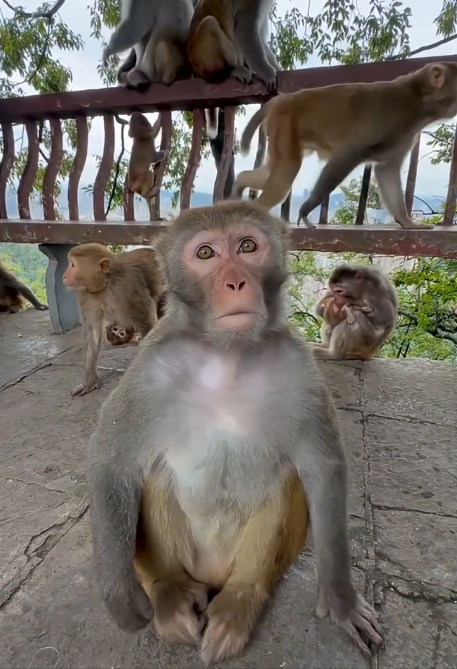
The others followed, fear twisting their faces. The cheerful playground now felt cold, heavy, and silent. Dara groaned softly, clutching his arm, his face pale with shock. Tears welled in his eyes—not from the pain alone, but from the realization that fun had taken a turn he never expected.
Adults rushed over seconds later. His mother arrived breathless, her heart pounding in panic. When she saw him lying crumpled on the ground, her voice broke. “My boy… what happened?” She gathered him into her arms gently, trying not to jostle his injured arm. Dara whimpered, pressing his face into her shoulder.
He had to be taken to the clinic immediately. The journey felt endless, every bump on the road making Dara wince. His mother held his uninjured hand tightly, whispering, “You’re okay… you’re okay…” but her trembling voice betrayed her fear.
At the clinic, the doctor examined him carefully. The diagnosis came with a sigh: a fractured arm, bruised ribs, and a sprained ankle. He would recover—but slowly. Painfully. The kind of recovery that drains a child’s energy, replacing joy with frustration.
Dara stared at the cast that wrapped his arm. It was white, bulky, and felt like a prison. No running. No climbing. No games. No adventures. The reality crushed him.
His friends visited later, their eyes lowered in guilt. “Sorry… we shouldn’t have dared you,” Samnang whispered.
Dara forced a smile. “It’s my fault too. I wanted to prove I could do it.”
His mother, standing at the doorway, listened quietly. She wasn’t angry. She understood children made mistakes. What hurt her most was the thought that she might have lost him. After the boys left, she sat beside him on the bed and held him close.
“Fun is good, my son,” she said softly. “But not all fun is worth the risk. Sometimes the heavy price is not just a broken arm… it’s something far worse. You have to know your limits.”
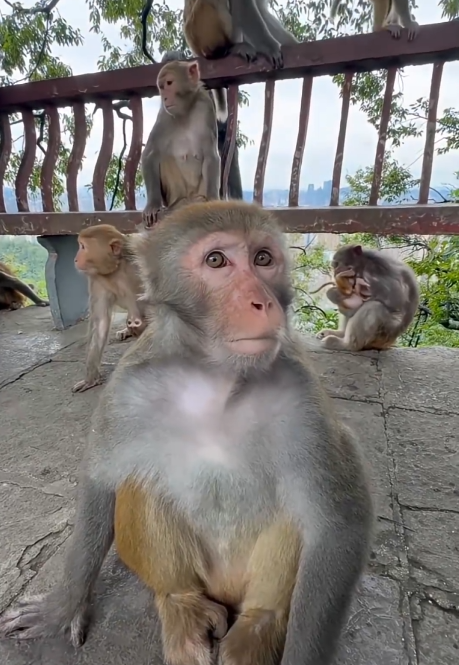
Dara nodded, tears filling his eyes. For the first time, he realized how fragile life could be, how quickly everything could change. He had always thought he was strong enough, fast enough, smart enough to avoid danger. But now, he understood—life didn’t give warnings.
Days turned into weeks. Dara spent most of his time indoors, watching other children play outside. The frustration was real. He would tap the window, imagining himself running across the field again. Each day felt like a punishment, not for being bad, but for being careless.
His mother tried to lift his spirits. She brought him books, puzzles, even a puppy to keep him company. Slowly, Dara learned to appreciate things he had never noticed before: storytelling, drawing, gentle walks, and the quiet comfort of sitting beside his mother while she cooked.
As his body healed, so did his understanding.
He learned that bravery wasn’t about taking reckless risks—it was about knowing when to stop. Strength wasn’t about proving yourself—it was about making wise choices. And fun wasn’t meant to hurt—not you, and not the people who loved you.
When the cast finally came off, the first thing he did was step outside, stretching his arms toward the sunlight. His friends gathered around him like a welcome parade, shouting happily. But when they asked him to climb the tree again “just for fun,” he shook his head with a calmness they hadn’t seen before.
“No,” Dara said with a smile. “Some fun costs too much.”
His friends nodded slowly, understanding more than words could express.
And though Dara still loved adventures—and always would—he carried with him a lesson written not in books, but in pain, healing, and the deep love of a mother who almost lost her child.
Yes, he had paid a heavy price for having fun.
But he had gained wisdom that would stay with him for the rest of his life.
